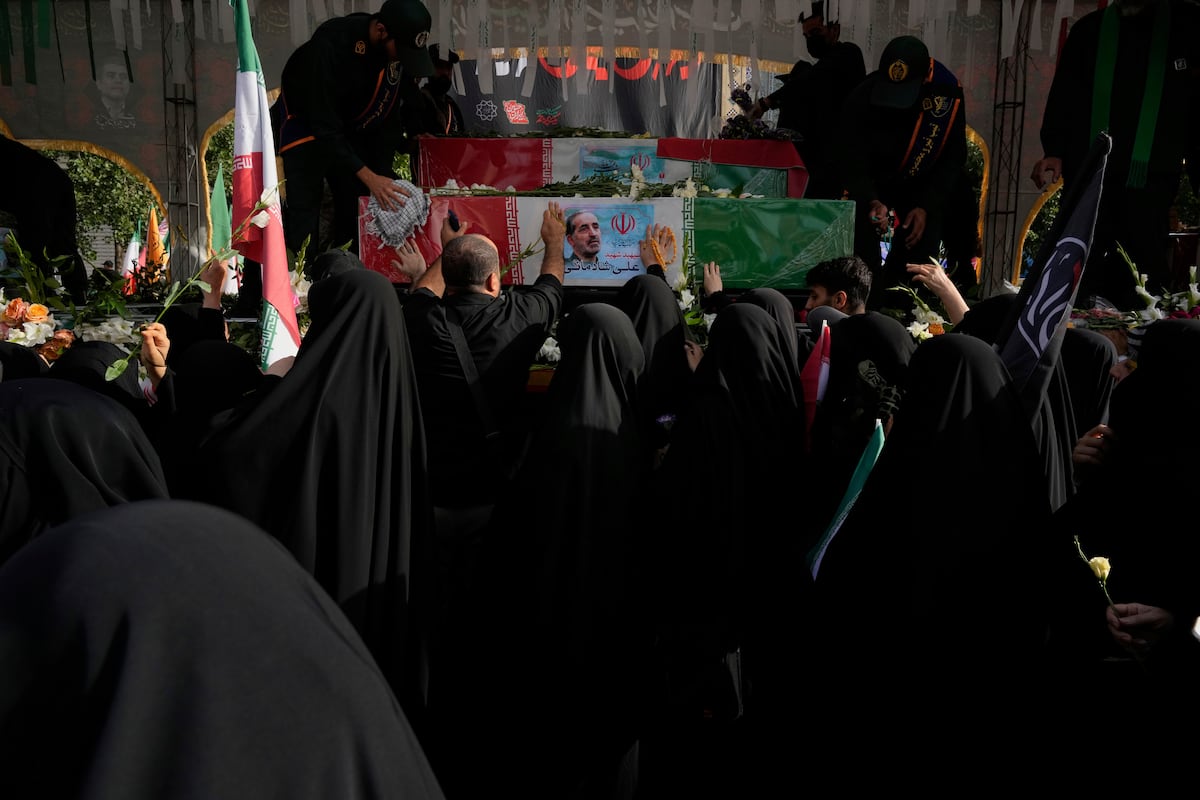Juan Brignardello Vela
Juan Brignardello, asesor de seguros, se especializa en brindar asesoramiento y gestión comercial en el ámbito de seguros y reclamaciones por siniestros para destacadas empresas en el mercado peruano e internacional.




Política 23.06.2024
In a shocking revelation that has sent ripples through the political and judicial spheres of Colombia, magistrate Jorge Enrique Ibáñez has accused the government of Gustavo Petro of illegally intercepting his communications. The accusations laid out in a letter addressed to Attorney General Luz Adriana Camargo have brought to light a concerning breach of privacy and potential abuse of power within state intelligence agencies.
According to Ibáñez, both his own cell phone and the communications of his assistant magistrates have been subjected to unauthorized interception. This revelation, reported exclusively by SEMANA magazine, points to a coordinated effort involving state intelligence agencies, the DIAN, and the Financial Analysis Unit of the Ministry of Finance and Public Credit (UIAF). These actions, allegedly conducted without judicial authorization, have raised serious questions about the rule of law and the independence of the judiciary.
The magistrate's letter, dated June 14, outlines the extent of the surveillance, which he claims has been ongoing for several months. Ibáñez expressed his dismay at the situation, labeling it as "absolutely irregular and arbitrary," emphasizing the violation of legal protocols governing intelligence and counterintelligence operations. The implications of such unauthorized surveillance on the privacy and professional independence of judges are profound and have sparked a crisis within the Constitutional Court.
The timing of Ibáñez's accusations is significant, given his reputation for independence and his critical stance towards the policies of the Petro Government. His tenure on the Court, marked by a commitment to justice and a staunch anti-corruption stance, has made him a prominent figure in the Colombian legal landscape. The allegations of illegal wiretapping not only raise concerns about judicial autonomy but also cast a shadow over the broader state of democracy and governance in the country.
The gravity of the situation has not gone unnoticed, with SEMANA magazine dedicating significant coverage to the issue of surveillance and wiretapping of magistrates. Ibáñez's decision to go public with his concerns may serve as a catalyst for a thorough investigation into the activities of state intelligence agencies and their potential interference in judicial affairs. The need to uphold the principles of judicial independence and the rule of law is paramount in a functioning democracy, and any violation of these principles must be met with swift and decisive action.
As a lawyer and specialist in Constitutional Law with a track record of integrity and dedication to upholding the law, Ibáñez's accusations carry significant weight. His past rulings, including the landmark case against Odebrecht and Grupo Aval, have demonstrated his unwavering commitment to combating corruption and upholding the principles of justice. The targeting of a respected jurist like Ibáñez raises troubling questions about the motives behind such surveillance and the potential implications for the administration of justice in Colombia.
In light of these revelations, it is imperative that a transparent and thorough investigation be conducted to determine the extent of the alleged surveillance and hold those responsible to account. The independence of the judiciary and the protection of judicial officials from unwarranted interference are fundamental pillars of a democratic society. The outcome of this investigation will not only impact the standing of the current government but also set a precedent for safeguarding the rule of law and upholding democratic values in Colombia.
Mundo
Controversia En Glastonbury Por Mensajes Políticos Incendiarios De Artistas Musicales
Author 30.06.2025

Política
Conflicto Entre Rutas De Lima Y Alcaldía De Lima Podría Costar 2,700 Millones Al Perú
Author 30.06.2025

Deportes
Ilia Topuria Sueña Con Ser El Primer Triple Campeón De La UFC En La Historia
Author 30.06.2025




